Blog
New Non-Surgical, Non-Injection Pain Relief for Disc Herniations with SoftWave Tissue Regeneration Technology in East Cobb, GA
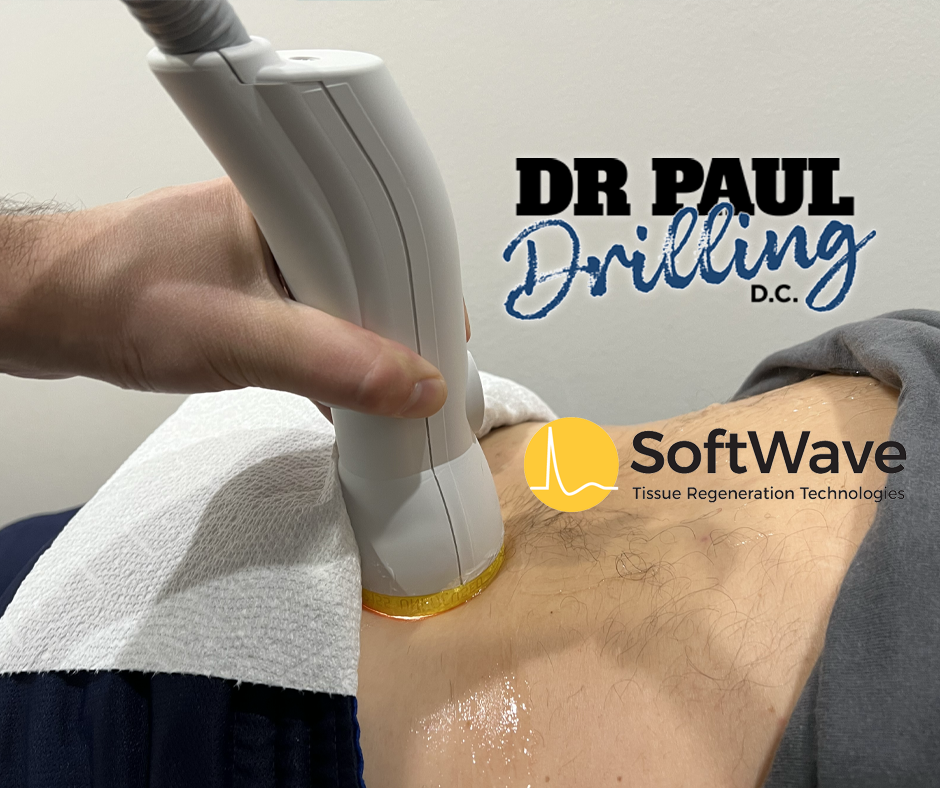
Disc herniations in the lumbar spine can lead to intense pain, limited mobility, and reduced quality of life. For patients with herniated discs, finding a solution that offers pain relief and promotes natural healing is essential. SoftWave Tissue Regeneration Technology (TRT) provides a non-surgical, drug-free approach to healing lumbar spine disc herniations, helping patients achieve long-term relief and improved function.
Understanding Lumbar Spine Disc Herniations
The lumbar spine (lower back) consists of intervertebral discs that act as cushions between the vertebrae, absorbing shock and allowing for smooth movement. When a disc becomes herniated, it means the inner gel-like substance has pushed through the outer layer of the disc, potentially compressing nearby nerves and causing pain.
Types of Lumbar Disc Herniations
There are different types of disc herniations, each with varying levels of severity and symptoms:
-
Contained Disc Herniation: Also known as a “bulging disc,” this type of herniation occurs when the disc material pushes outward but does not rupture the outer layer. Contained herniations are typically less severe but can still cause pain and discomfort.
-
Non-Contained Disc Herniation: In this type, the outer layer of the disc ruptures, allowing the inner material to leak out and potentially compress nearby nerves. Non-contained herniations often cause more intense pain and symptoms.
-
Sequestered Disc Herniation: The most severe type, sequestered herniations occur when a portion of the inner disc material breaks away entirely and becomes a separate fragment. This fragment can compress nerves, leading to severe pain, inflammation, and neurological symptoms.
Causes of Lumbar Disc Herniations
Disc herniations are often the result of wear and tear, physical stress, or specific injury. Common causes include:
- Aging and Degeneration: Over time, the discs in the spine lose water content, becoming less flexible and more prone to rupture.
- Repetitive Strain and Lifting: Jobs or activities that involve heavy lifting, twisting, or repetitive bending can strain the discs and lead to herniation.
- Trauma or Injury: Sudden impacts, falls, or sports injuries can place excessive pressure on the discs, causing herniation.
- Poor Posture and Sedentary Lifestyle: Prolonged sitting or poor posture can put extra pressure on the lumbar spine, increasing the risk of disc issues.
Symptoms of Lumbar Disc Herniations
Symptoms of a herniated lumbar disc can vary depending on the severity and location of the herniation. Common symptoms include:
- Lower Back Pain: Pain in the lumbar region, which may be sharp or dull, is one of the most common symptoms.
- Radiating Leg Pain (Sciatica): Herniated discs often compress the sciatic nerve, causing pain, tingling, or numbness that radiates down the leg and into the foot.
- Numbness and Tingling: A herniated disc can cause numbness or tingling in the lower back, buttocks, legs, or feet.
- Weakness and Limited Mobility: Some patients experience weakness in the legs, making it difficult to move or perform daily activities.
For those dealing with lumbar disc herniations, these symptoms can significantly reduce quality of life and may worsen if left untreated.
SoftWave Therapy for Lumbar Disc Herniations: A Non-Surgical Approach to Healing
SoftWave Therapy is an advanced shock wave technology that uses electrohydraulic supersonic acoustic waves to penetrate deep into tissues and stimulate biological responses that support healing, reduce pain, and improve function. Unlike traditional treatments that focus on temporary relief, SoftWave Therapy promotes cellular repair and regeneration, making it a powerful solution for patients with lumbar disc herniations.
How SoftWave Therapy Helps with Lumbar Disc Herniations
SoftWave Therapy offers multiple benefits for those dealing with herniated discs:
- Reduces Inflammation and Pain: SoftWave Therapy targets inflammation around the affected disc, reducing pain and allowing for greater mobility.
- Promotes Tissue Repair and Regeneration: By stimulating resident stem cells and activating various growth factors, SoftWave Therapy supports tissue repair in the damaged disc and surrounding areas.
- Improves Circulation: The therapy promotes angiogenesis, or the formation of new blood vessels, which enhances blood flow and nutrient delivery to the injured area.
- Non-Invasive and Drug-Free: SoftWave Therapy is a conservative treatment that avoids the risks associated with injections, medications, or surgery, providing a safe and effective option for patients.
The Science Behind SoftWave Therapy for Disc Repair
SoftWave Therapy works at the cellular level, activating the body’s natural healing mechanisms to promote long-term recovery. Here are the key biological responses that make SoftWave effective for lumbar disc herniations:
- VEGF (Vascular Endothelial Growth Factor): SoftWave Therapy promotes the growth of new blood vessels, enhancing blood flow to the damaged disc and supporting healing.
- BMP (Bone Morphogenetic Proteins): BMPs aid in tissue and bone repair, helping to regenerate the damaged disc and surrounding structures.
- PCNA (Proliferating Cell Nuclear Antigen): PCNA is essential for cellular repair, particularly beneficial for repairing damaged disc tissue and supporting long-term recovery.
- eNOS (Endothelial Nitric Oxide Synthase): eNOS improves blood flow and reduces inflammation, facilitating faster healing and pain reduction.
- Stem Cell Activation: SoftWave Therapy activates resident stem cells, which play a critical role in tissue regeneration and long-lasting pain relief.
By stimulating these cellular responses, SoftWave Therapy promotes a natural healing process that goes beyond pain management and focuses on tissue repair and regeneration.
Advantages of SoftWave Therapy Over Traditional Treatments
Many traditional treatments for lumbar disc herniations, such as pain medications, steroid injections, or even surgery, focus on temporary symptom relief without addressing the underlying issue. SoftWave Therapy provides a holistic approach that promotes true healing and helps patients avoid invasive procedures.
Benefits of Choosing SoftWave Therapy:
- Long-Term Pain Relief: SoftWave Therapy offers lasting relief by addressing the root cause of pain, rather than temporarily masking it.
- Non-Surgical and Non-Invasive: Patients avoid the risks and recovery time associated with surgery and invasive procedures.
- Minimal to No Side Effects: Unlike medications or injections, SoftWave Therapy has minimal side effects, making it safe for repeated use.
- Supports Full Recovery: By promoting tissue repair, SoftWave Therapy helps patients recover fully and return to their daily activities with confidence.
What to Expect During SoftWave Therapy for Lumbar Disc Herniations
During a SoftWave Therapy session with Dr. Paul Drilling, DC the device is applied to the affected lumbar area, allowing the acoustic waves to penetrate deep into the tissue. Each session is comfortable, non-invasive, and typically takes about 10-15 minutes. Many patients report noticeable pain relief and improved mobility after just a few sessions, with continued benefits building over time.
Dr. Paul Drilling is Here to Help You Find Relief from Lumbar Disc Herniations
If you’re dealing with a lumbar disc herniation and are looking for a non-surgical, drug-free solution, SoftWave Therapy may be the answer. Dr. Paul Drilling, DC, has helped numerous patients experience relief and regain quality of life through the power of SoftWave Therapy.
Ready to Start Your Journey to Recovery?
Request an appointment today at www.softwaveeastcobb.com/contact or call our office at 404-775-3988 to learn how SoftWave Therapy can help you find lasting relief.
Office Address: Dr. Paul Drilling, DC
1000 Johnson Ferry Road, Suite D-100
Marietta, GA 30068
‹ Back



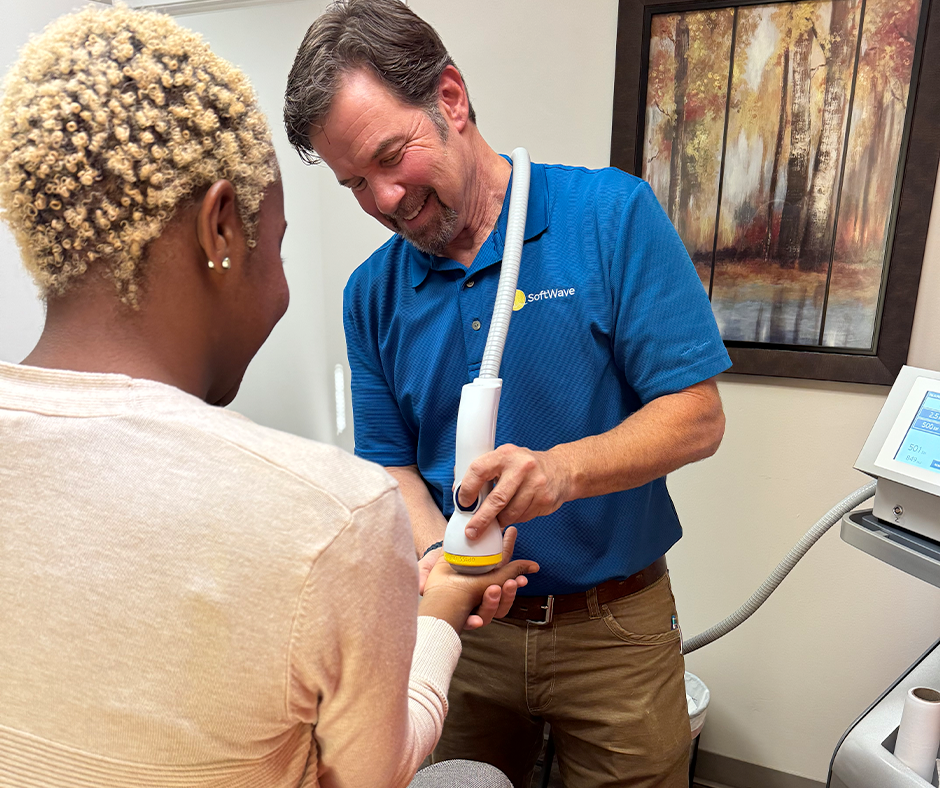
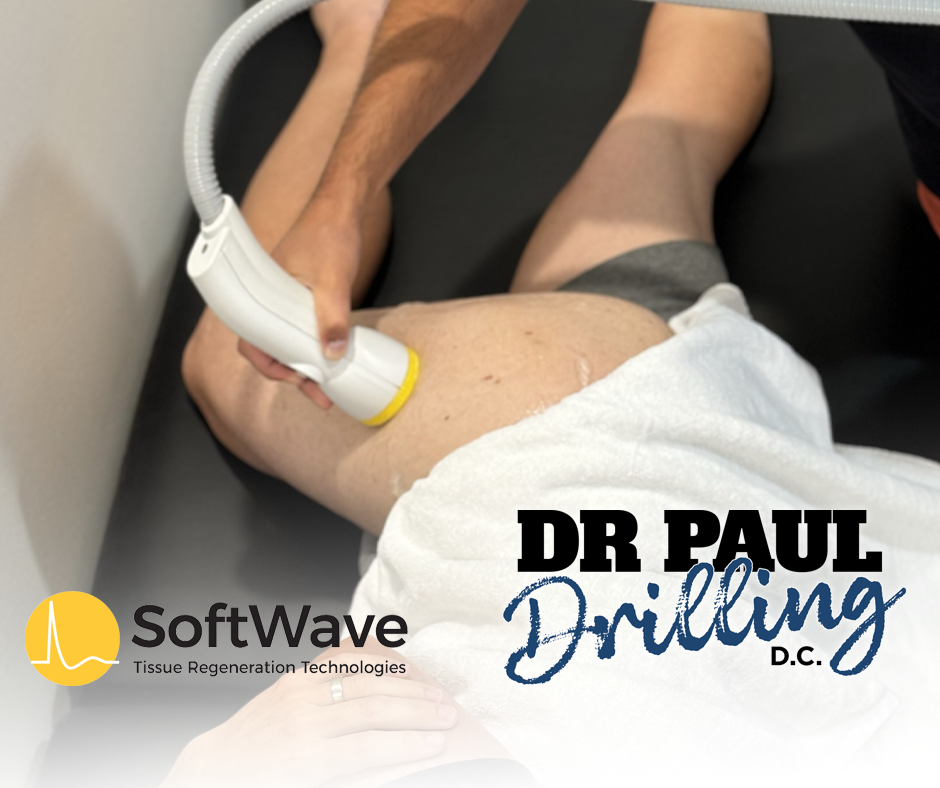
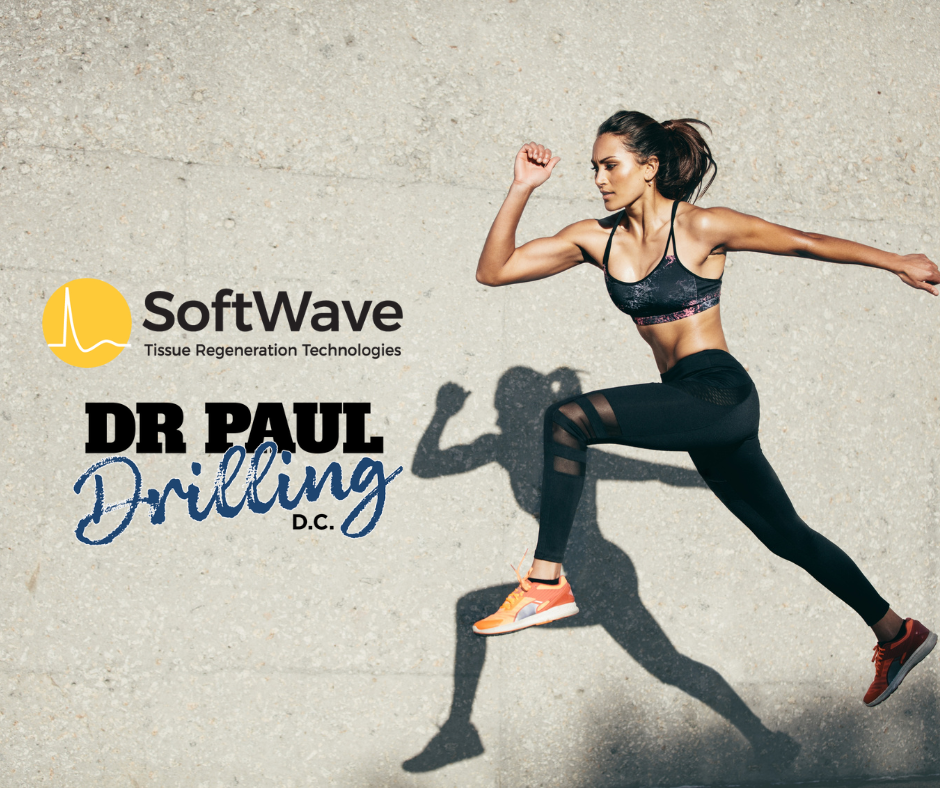
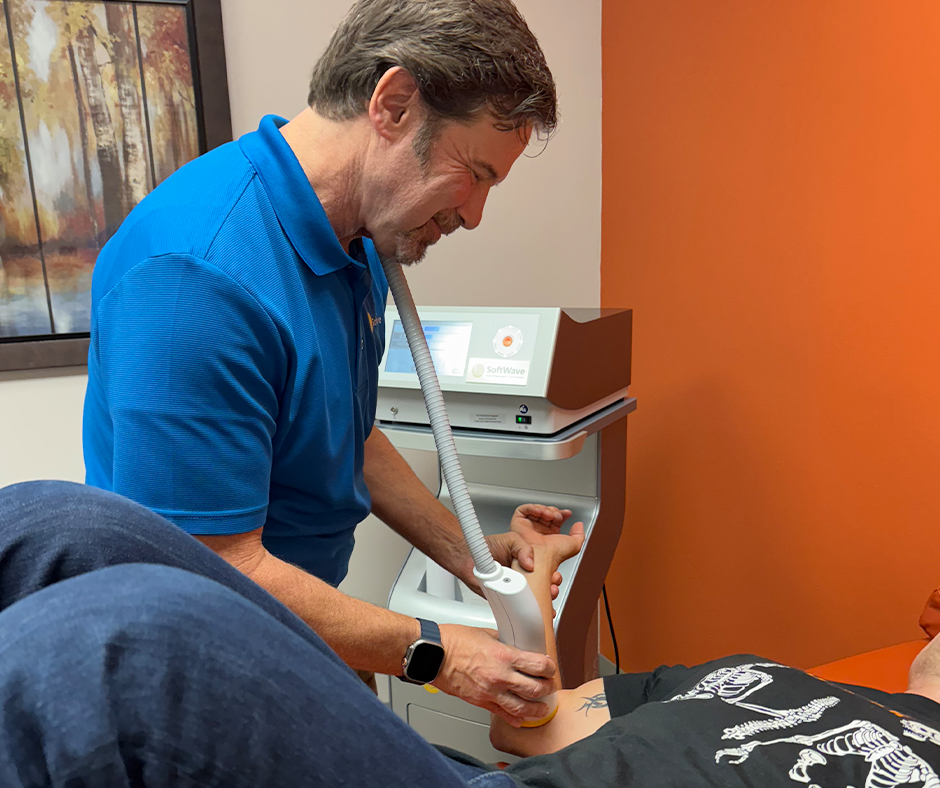
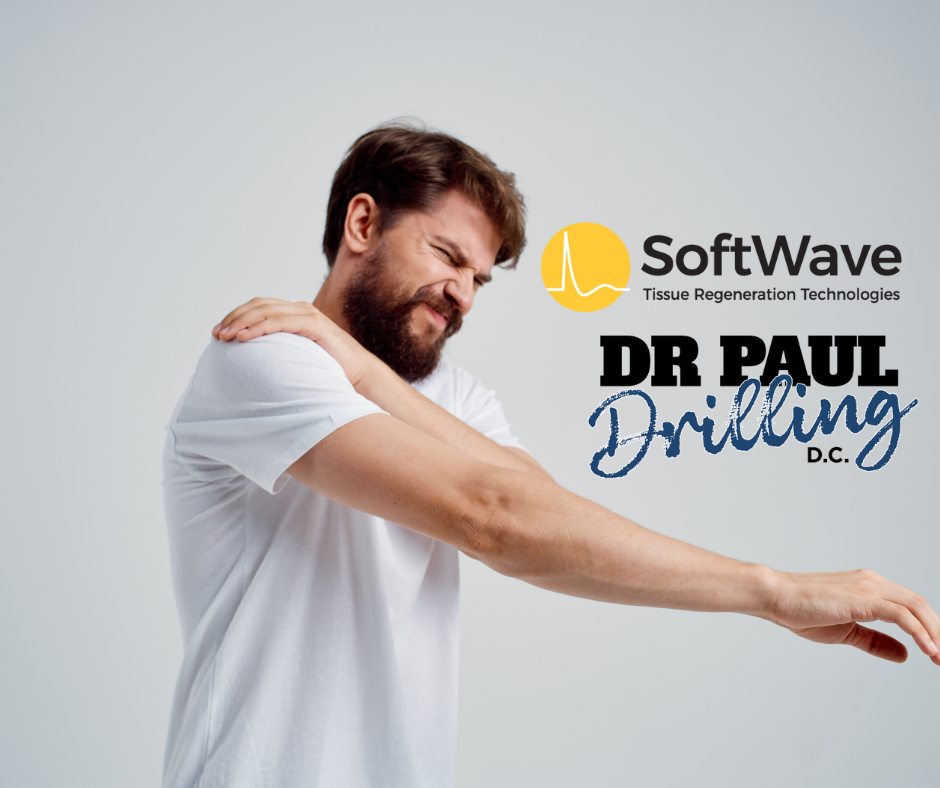
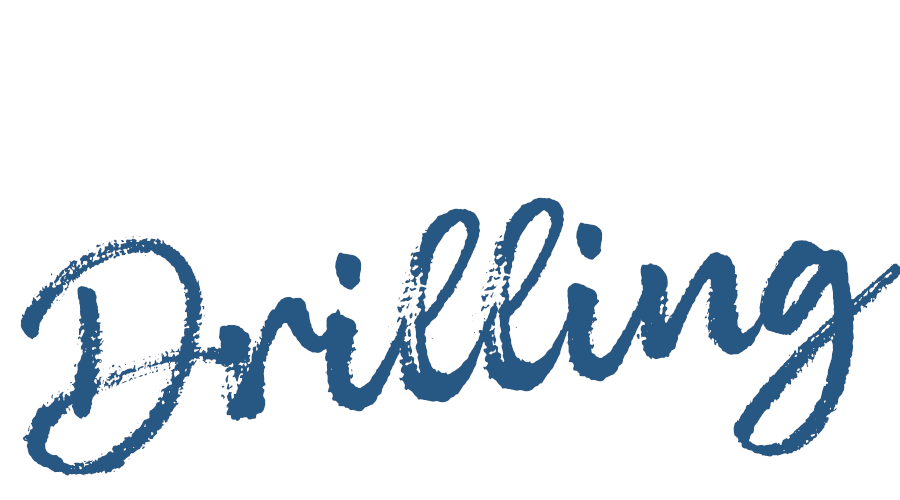
 1000 Johnson Ferry Road
1000 Johnson Ferry Road 